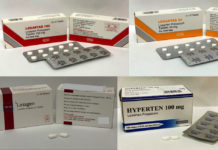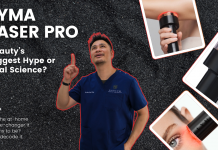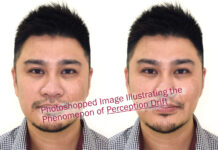
After the initial description of their problem, the remark that follows is invariably the same : “I don’t know why I have acne suddenly; I never used to have it even as a teenager!!”
But does acne only affect adolescents and teenagers?
That seems to be the general public’s view, but unfortunately, it is untrue.
Acne can affect people of all ages. In studies conducted to examine how common acne affects adults1, scientists have found that many people do not grow out of their acne as expected. Acne should, in fact, be thought of as a chronic problem.
The mechanism of acne is the same for all ages. Shedded dead cells block pore openings. Excess sebum production from these sebaceous follicles then plugs these pores. Propionibacterium acnes or P.acnes, a natural skin coloniser which thrives on sebum, flourishes in this oily goo, erupting into pimples.
In fact, we are seeing more and more adult onset acne. We do not know if this is due to the stresses of living in a city, altered bacterial colonisation of the body, or simply, more people seeking help for it. In a tropical climate like Singapore, the hot and humid climate results in increased sebum production, and also allows the P.acnes bacteria to multiply even faster, resulting in more frequent cases and more severe cases of acne.
There is good news: acne tends to improve as one gets older; also, acne that comes on during adulthood tends to be milder in severity compared to the adolescent ones.
But whatever the case, acne, if left untreated, can leave behind unsightly discolouration and disfiguring scars, so consult your doctor early. Prevention is much better than cure!
1: The prevalence of acne in adults 20 years and older, Journal of the American Academy of Dermatology, Julie C. Harper, MD, FAAD


















